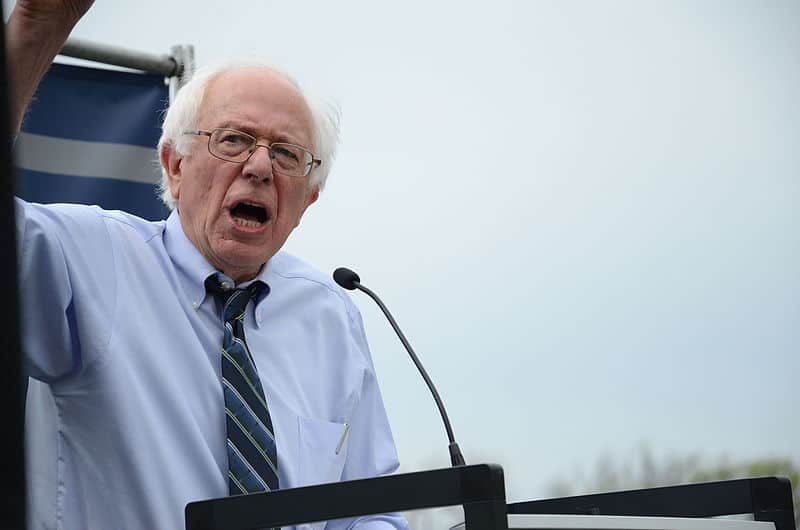
Jason Vazquez is a staff attorney at the International Brotherhood of Teamsters. He graduated from Harvard Law School in 2023. His writing on this blog reflects his personal views and should not be attributed to the Teamsters.
On Tuesday the Senate narrowly approved Julie Su as the next deputy secretary at the Department of Labor. Union leaders embraced the news, as Su — a former civil rights lawyer who currently serves as secretary of California’s Labor and Workforce Development Agency — has spent her career litigating on behalf of working people, particularly those on the margins. Given her deep commitment to economic justice, Su’s confirmation is certain to boost the Biden administration’s efforts to implement the bold prolabor agenda the president has espoused.
In other congressional news, Democratic leadership in the Senate unveiled a sprawling $3.5 trillion budget agreement last night that would surge hundreds of billions of dollars into social programs and clean energy initiatives. The Democrats intend to adopt a budget resolution embodying the agreement in the coming weeks, which would bypass the filibuster and pave the way for the package’s ultimate adoption in the fall. Still, whether a handful of centrist Democrats will rally behind the bill remains to be seen — Sen. Joe Manchin (D-WV) recently signaled skepticism, insisting “we need to pay for all of it.”
In international news, the United States and Mexico unveiled a comprehensive plan last Thursday designed to ensure thousands of employees at Mexico’s largest GM facility can vote to ratify a collective bargaining agreement under “free and democratic conditions.” The Mexico Labor Ministry had identified “serious irregularities” with a vote held several weeks ago. The development previews that the significant labor reforms included in the 2020 USMCA, the renegotiated NAFTA — which broadly require that Mexico overhaul its restrictive labor law regime to guarantee organizing rights, secret ballot elections, and contract ratification — may be meaningfully implemented and democratize the Mexican labor movement.
Back in the U.S., labor militancy continues to accelerate, demonstrating its unrivaled capacity to extract significant economic gains. In the Midwest, SEIU Local 73, representing thousands of public sector workers in Illinois and Indiana, announced Tuesday that it has secured a TA with the largest county in Illinois, ending a nearly three week strike and delivering substantial raises to its membership. And in Pittsburgh, after a strike involving more than 1,300 workers, USW members ratified a contract with steelmaker Allegheny Technologies last week that raises employees’ wages and grants them thousands of dollars in direct payments.
Lastly, a Reuters analysis published this week reveals that the pay asymmetry between union and nonunion retail workers continues to steadily climb, as the weekly earnings differential more than doubled in the last decade. As the report concludes, the data confirms what several decades of research has inevitably uncovered: “Unionized workers get paid more and have better benefits,” and the collapse of private sector unionization is fueling “skyrocketing income inequality.”






Daily News & Commentary
Start your day with our roundup of the latest labor developments. See all
March 5
Colorado judge grants AFSCME’s motion to intervene to defend Colorado’s county employee collective bargaining law; Arizona proposes constitutional amendment to ban teachers unions’ use public resources; NLRB unlikely to use rulemaking to overturn precedent.
March 4
The NLRB and Ex-Cell-O; top aides to Labor Secretary resign; attacks on the Federal Mediation and Conciliation Service
March 3
Texas dismantles contracting program for minorities; NextEra settles ERISA lawsuit; Chipotle beats an age discrimination suit.
March 2
Block lays off over 4,000 workers; H-1B fee data is revealed.
March 1
The NLRB officially rescinds the Biden-era standard for determining joint-employer status; the DOL proposes a rule that would rescind the Biden-era standard for determining independent contractor status; and Walmart pays $100 million for deceiving delivery drivers regarding wages and tips.
February 27
The Ninth Circuit allows Trump to dismantle certain government unions based on national security concerns; and the DOL set to focus enforcement on firms with “outsized market power.”